“Reporting Elections Requires Informed, Professional Journalists”
- Par Kimeng Hilton
- 29 oct. 2019 12:48
- 0 Likes
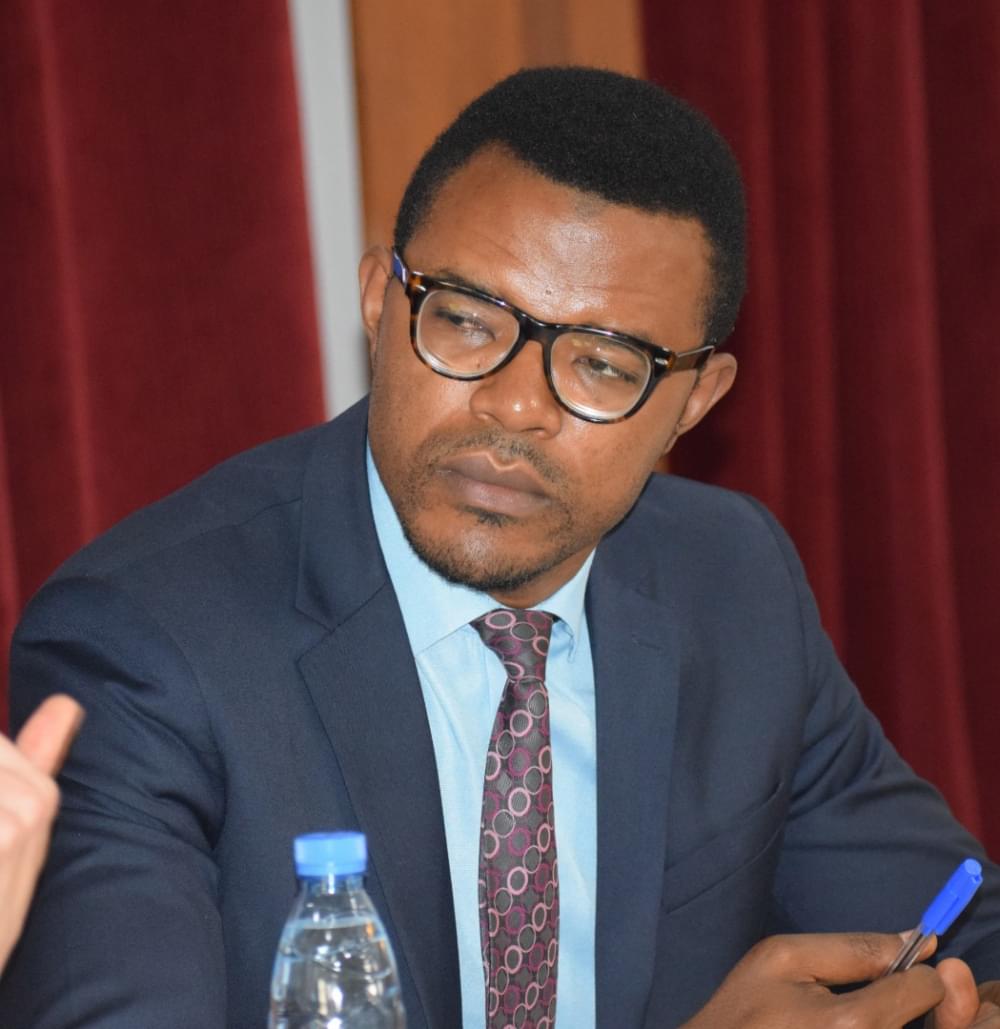
Ateki Seta Caxton, Executive Director, Network for Solidarity, Empowerment and Transformation for All, NewSeta.
Ateki Seta Caxton, Executive Director, the Network for Solidarity, Empowerment and Transformation for All, NewSeta, talks on the two workshops on media, peace and elections recently organised by his organisation. He warns that Cameroon is going through very perilous times where the logic of rejection and the narcissism of small differences have threatened peace and security, undermining both economic growth and social cohesion. The media, he notes, has been an important player in this process. The spread of hate speech and fake news, as well as the recent spike in ethnic hate in Cameroon have involved the media. Thus, the need to organise regular refresher training to prevent media practitioners from getting into the murky waters of fake news, hate speech and biased election reporting.
Your organisation, the Network for Solidarity, Empowerment and Transformation for All, NewSeta, from October 22-27, 219 organised a workshop in Yaounde on “Media, peace and elections. Why such training at this time?
Firstly, it stemmed from our strong belief that a very free, empowered and professional press is an important pillar of any democratic and informed society. Secondly, if you’ve been keen on recent happenings, you’d affirm that peace and social stability have become crucial needs for Cameroon.
We are going through very perilous times in our country where the logic of rejection and the narcissism of small differences have threatened peace and security, undermining both economic growth and social cohesion. The media has been an important player in this process. The spread of hate speech and fake news, as well as the recent spike in ethnic hate in Cameroon have involved the media. And recently, we have seen administrative and custodial sanctions against a growing number of media actors.
For the media to play its role effectively, freedom of expression, free access to information and an enabling regulatory and policy environment are essential. We also need media practitioners who are informed and professional enough to maintain high standards in the sector. The training was our contribution to this shared quest to build a stronger and responsible press in Cameroon.
How serious is the problem of poor coverage of elections in Cameroon, especially in the context of armed conflict?
Problems arise where there are deviations from existing standards. There are local legal and institutional frameworks that set standards in journalism in the country. For example, there are several texts, such as the 1990 Law on Social Communication and Freedoms; the Electoral Code; the Prime Minister's Decree No. 92/313 of 24 September 1992 and other codes of ethics of various independent media. The National Communication Council (CNC) and the various unions of Cameroonian Journalists strive to ensure respect of requirements by all members.
We have seen deviations from these laws during electoral processes because of the sway of money and political power. There have been issues with balance in covering candidates’ campaigns, and sensationalism that deviates from the substantive issues, sometimes arising from the training the journalist themselves have on the subject.
I think journalists have a collective responsibility themselves to maintain high standards in their practice, but they also need an enabling regulatory environment and better working conditions to protect them from vulnerabilities inherent in the sector.
What difference do you expect the workshop participants to make in election coverage in the country?
You know, a free and fair election does not amount simply to the act of casting a ballot under adequate conditions. Voters must also have access to enough information about the political parties, their candidates and the electoral process to be able to make informed and responsible choices.
Elections can be very partisan events. While our hope is that the spread of hate speech and fake news in the press itself will decline, reporting about elections clearly requires journalists to be informed and professional enough to develop counter narratives that give primacy to truthfulness, accuracy, impartiality, fairness, public accountability and verification. Hopefully, the training has improved understanding of these critical issues.
What are your impressions after the two workshops on elec...
Cet article complet est réservé aux abonnés
Déjà abonné ? Identifiez-vous >
Accédez en illimité à Cameroon Tribune Digital à partir de 26250 FCFA
Je M'abonne1 minute suffit pour vous abonner à Cameroon Tribune Digital !
- Votre numéro spécial cameroon-tribune en version numérique
- Des encarts
- Des appels d'offres exclusives
- D'avant-première (accès 24h avant la publication)
- Des éditions consultables sur tous supports (smartphone, tablettes, PC)






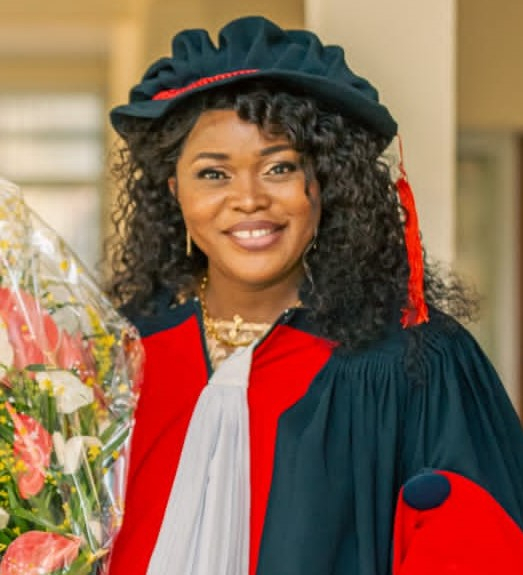
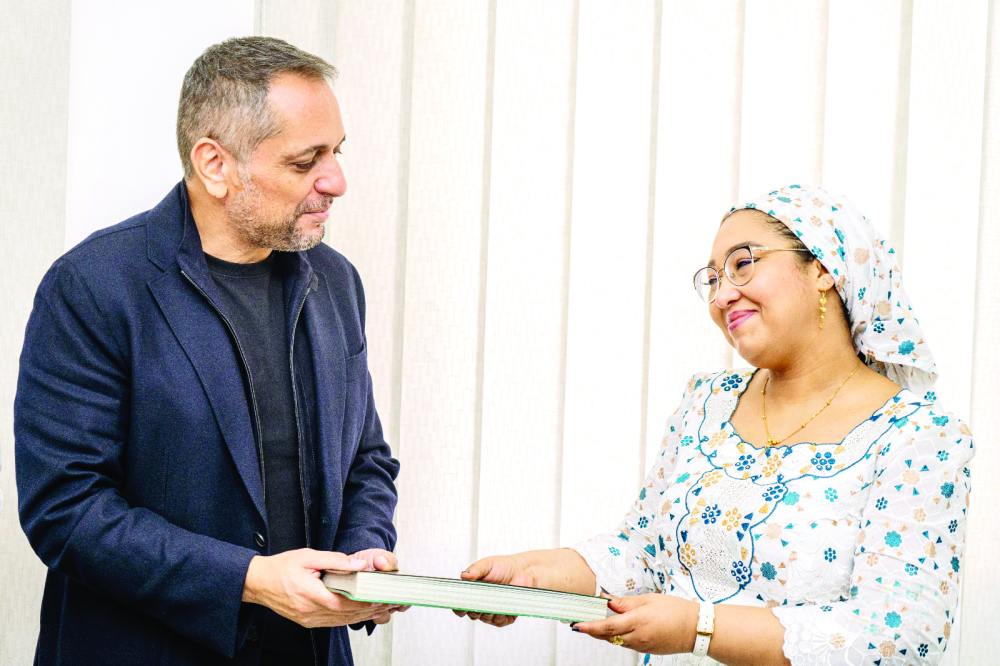
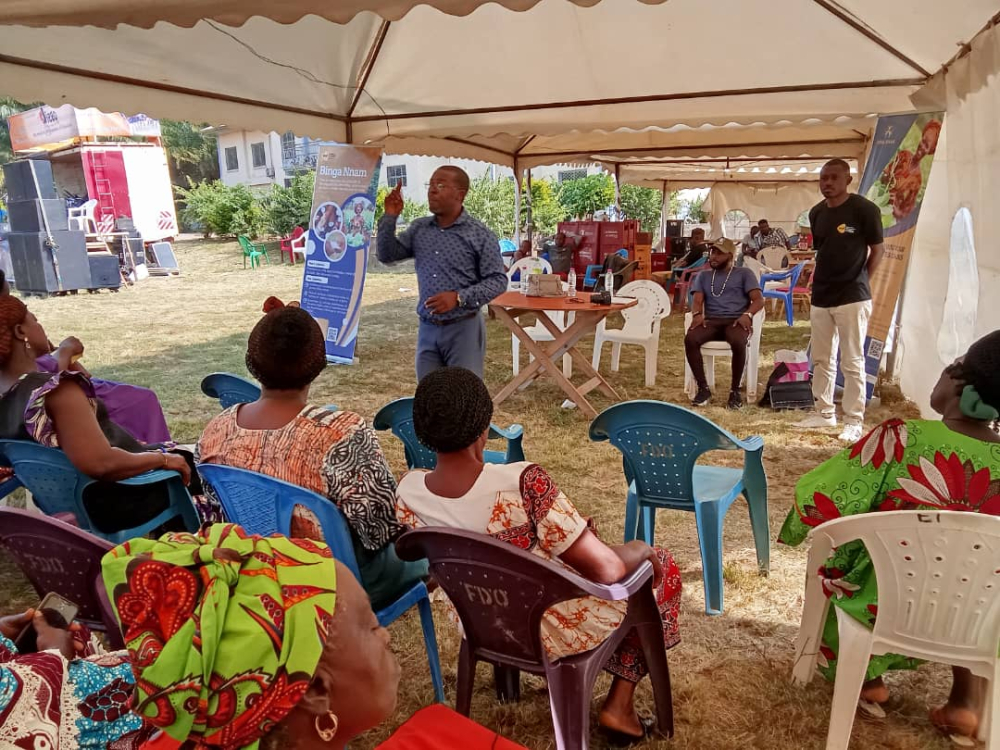
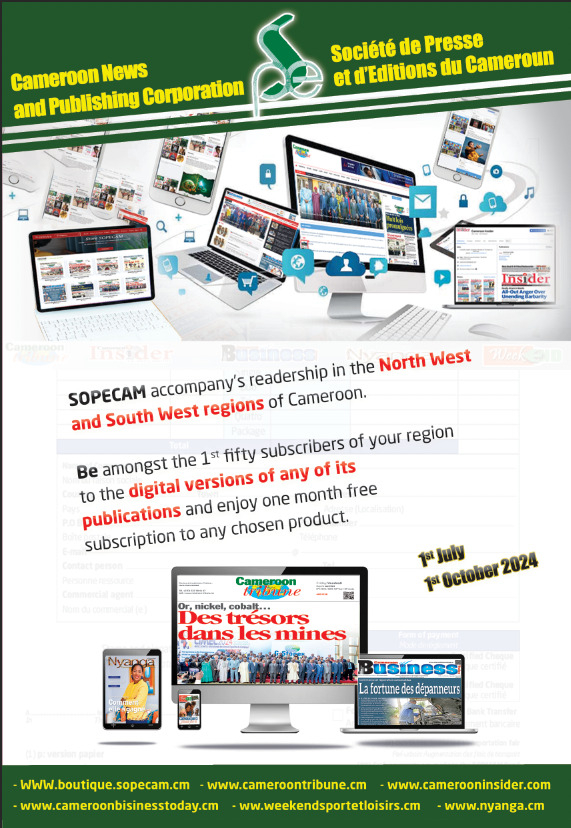
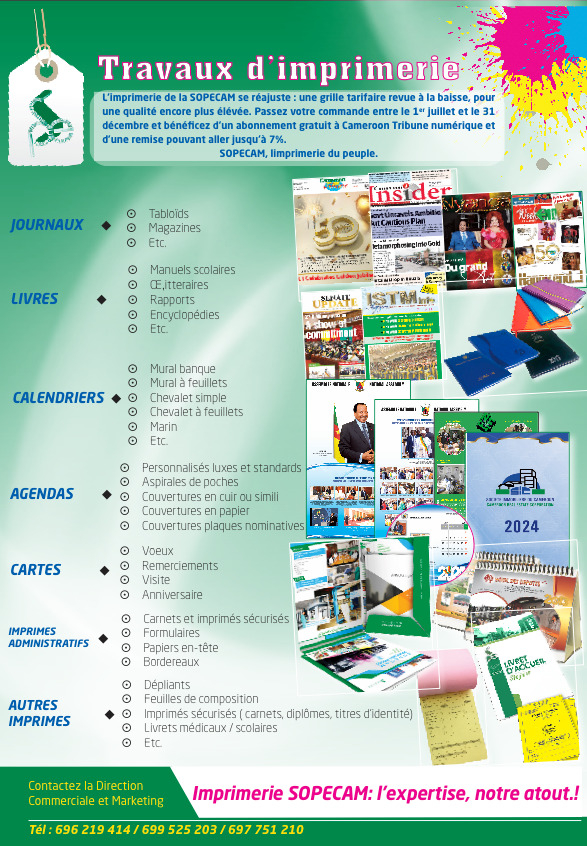
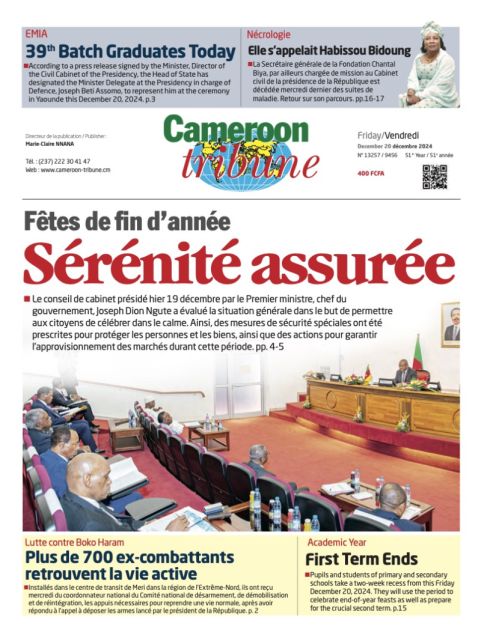




Commentaires